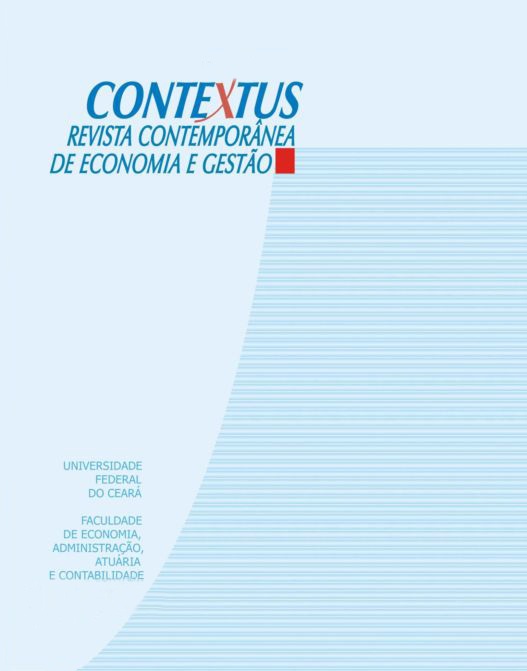A combinação entre estratégias deliberadas e emergentes em organizações: estudo de casos comparativos em ambientes dinâmicos
DOI:
https://doi.org/10.19094/contextus.v11i1.32158Keywords:
Estratégia deliberada. Estratégia emergente. Formulação estratégica. Arquitetura organizacional. Ambiente dinâmico.Abstract
O objetivo deste artigo é examinar a dinâmica do surgimento de estratégias emergentes em organizações que fazem usode processos deliberados de formulação estratégica. Especificamente, o objetivo é analisar como e por que ocorre nasorganizações estudadas a combinação de emersão e de deliberação estratégica. Para isso, desenvolveu-se um estudo decasos comparativos em duas organizações situadas em ambientes dinâmicos. Os resultados indicam que as organizaçõescombinam estratégias deliberadas e estratégias emergentes para aproveitar as oportunidades ou acomodar as pressõesoriundas do ambiente externo. Além disso, há evidências de que o espaço para o surgimento de estratégias emergentesbem como sua combinação com estratégias deliberadas seja influenciado pela natureza da estratégia deliberada e dosfatores da arquitetura organizacional – estrutura, coordenação, sistemas de controle gerencial e de incentivos. Em outrostermos, significa que quanto mais restrito o escopo da estratégia deliberada e quanto mais rígido os fatores da arquiteturaorganizacional maior o grau de dificuldade para a emersão e a consolidação dessas estratégias emergentes. Por fim, osresultados sugerem que o manejo da capacidade lateral da organização parece influenciar as estratégias emergentes.Downloads
Downloads
Published
How to Cite
Issue
Section
License
The authors, while doing the submission, accept the notice below:
We authors hold the copyright related to our paper and transfer Contextus journal the right for the first publication with a Creative Commons’ international license of the modality Attribution – Non-commercial 4.0, which in turn allows the paper to be shared providing that both the authorship and the journal’s right for initial release are acknowledged.
Furthermore, we are aware of our permission to take part in additional contracts independently for non-exclusive distribution of the version of our work published in this journal (e.g. publishing it in an institutional repository or as a book chapter), while acknowledging both the authorship and the journal’s initial publication.
We also certify that the paper is original and up to this date has not been released in any other journal, Brazilian or of another nationality, either in Portuguese or another language, as well as it has not been sent for simultaneous publication in other journals.
Last, we not only know that plagiarism is not tolerated by Contextus but also certify the paper presents the sources of passages from cited works, including those authored by ourselves.









3.png)


1.jpg)



1.jpg)


1.jpg)






.jpg)



1.jpg)

1.jpg)


1.jpg)

1.jpg)
1.jpg)
2.png)




1.jpg)
2.jpg)

1.jpg)





1.jpg)


1.jpg)
1.jpg)
